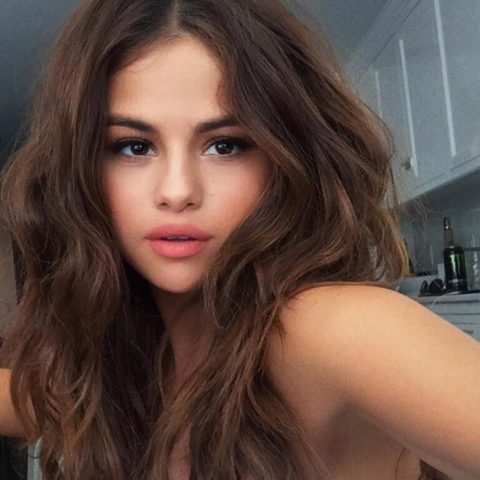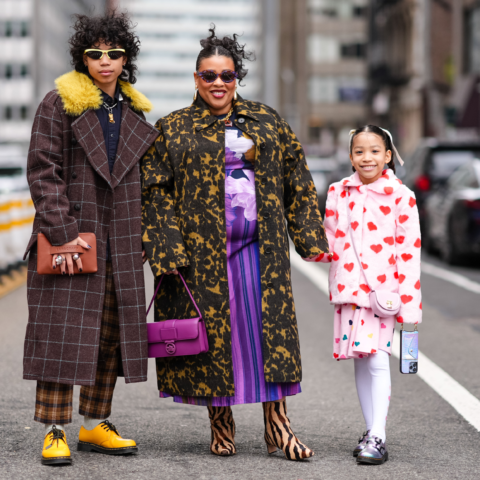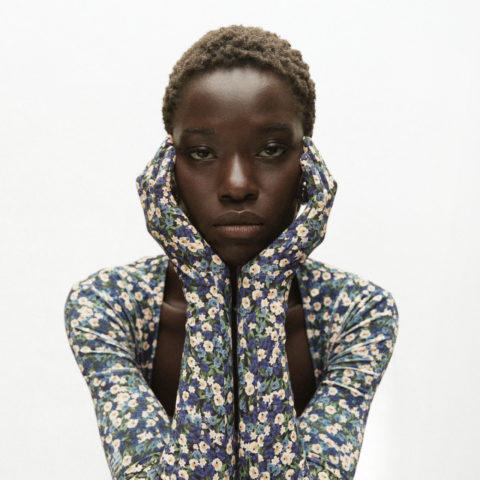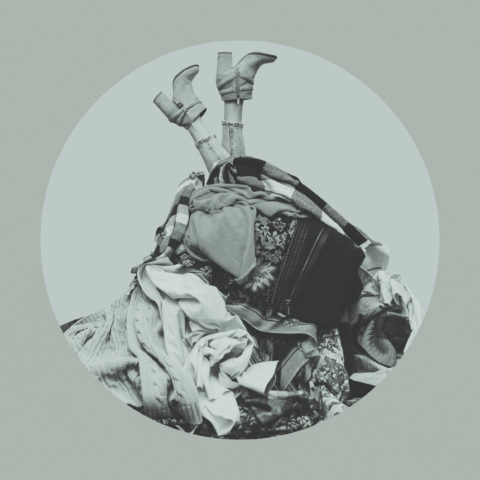These Celebs Quit Social Media: Is It Time For You to Quit, Too?
Selena Gomez, Demi Lovato, Chrissy Teigen, Leslie Jones, Kim Kardashian—no, I’m not listing my ultimate #squadgoals (although, a girl can dream). These badass women are just a few examples of celebs who took a break from social media over the past few months.
Though there has been a noticeable absence in our feeds, their departure from the online spotlight is understandable. A study out of Pittsburgh University indicated that those who engage in higher levels of activity online were more than two and a half times more likely to suffer from depression. Not only that, but research shows that checking our social apps is more addictive than cigarettes.
One of the biggest issues with obsessively watching our social media interactions is that we’ve started basing our self-esteem and worth on our total likes or followers. According to Winnipeg-based therapist Olivia Assuncao, “We all desire to be validated and accepted. Social media, however, is a space where there is little or no emotional connection created, therefore it makes emotional validation increasingly difficult to obtain, leaving us feeling lonely, even with many ‘friends and followers.’” Now blow that up to celebrity scale and these negative feelings and obsessive behaviours only get more intense, explains Assuncao. “Celebrities are human and would have the same emotional experience on a much bigger scale as the general public.”
Another thing that multiplies with popularity are haters. Thanks to the closing gap between the star and the public, social media has given access and a platform for fans and critics alike to share their feelings freely with the celebrity and the world. PR and image specialist Majorie Wallens explains: “Social media has made it possible for celebs to engage with fans in real time. It demystifies the celeb and enables the fan to get up close and personal.” Leslie Jones is the perfect example of how “personal” things can get. This summer she endured an onslaught of unspeakably offensive and bigoted messages, forcing her to sign off to escape the abuse (she returned to the network, however, days later).
I leave Twitter tonight with tears and a very sad heart.All this cause I did a movie.You can hate the movie but the shit I got today…wrong
— Leslie Jones (@Lesdoggg) July 19, 2016
Teigen had enough of the negativity, too, and simply tweeted “Not strong enough anymore.” Her Twitter account is now private. And it’s not just the ladies. Justin Bieber deactivated his Instagram account because of the out-of-control negativity toward his then-new girlfriend Sofia Richie. The timing of Bieber’s Instagram exit on August 15—after a year of openly battling anxiety—is no coincidence. “Social media can be a potential trigger for emotional anxiety,” according to Toronto-based psychotherapist Stacey Gorlicky. “Negative feedback from followers can exacerbate conditions such as anxiety and low self-esteem.” This theory can be applied to so many, including Justin’s ex Selena, who has just entered rehab to take care of her depression and anxiety, as well as Demi Lovato, who has been a long-time mental health advocate because of her struggle with bipolar disorder and recently left fans wondering whether she was for real quitting music and social media—or both.
So excited for 2017. Taking a break from music and the spotlight.. I am not meant for this business and the media ??
— Demi Lovato (@ddlovato) October 4, 2016
But it isn’t just the internet trolls that make the world of social media dangerous for these stars; Assuncao claims that the pressure of being “perfect” is also a major factor. “The intense scrutiny and pressure of presenting an image of yourself daily would increase feelings of anxiety and depression in anyone.” She adds that when your livelihood relies on portraying this perfect image, well, the effects are even more catastrophic.
So taking a step back is definitely the best decision for these celebs emotionally. But what about professionally? These days the most popular names on Instagram not only command up to half a million dollars per endorsed post (!!!), but their popularity on the networks also factors into their industry power. By taking a break, they could run the risk of giving up valuable income as well as a decline in perceived influence. For PR specialists like Toronto-based Wallens, losing momentum online is a mistake. “I feel that stepping away from the social media spotlight can hinder a star’s image. It is the fuel to a celebrity’s flame.” But she offers an alternative approach. “It’s far better to manage one’s social media by focusing on topics, upcoming appearances and neutral information instead of personal information. This way [the celebs] will still be able to build their brand and following.” In fact, Beyoncé—arguably the most powerful star in the world today—follows this exact strategy. She posts photos, info about merchandise and tour information but never shares any personal thoughts. Seems to be a winning formula for the Queen.
Other industry insiders disagree. Toronto-based digital communications strategist Martin Waxman says it comes down to supply and demand. “If we look at it in economic terms, it’s about quality and value. If celebrities posted better content, less frequently, this could make what they say stand out and then be more sharable.” The Kardashian/Jenner clan is a perfect example of highly saturated social media feeds, leaving many of us glazing over the majority of their posts. It will be interesting to see how their following and interactions on social media change in the wake of Kim’s robbery, now that she’s reining it in on her social accounts for now.
For those of us who don’t rely on our social personas to make a living, taking a break, like some of these celebs, may be worth considering. “One of the many benefits of staying off social media is to live in authenticity,” says Gorlicky. Assuncao agrees: “Social media leads us to create ideals of happiness based on others, instead of allowing us to decide what will make us truly happy. A break can allow us to live in the moment and enjoy our own lives without comparison.”
If the Kardashians can do it, so can I dammit. I’m thinking of starting by taking weekends off. It’s all about the baby steps.








